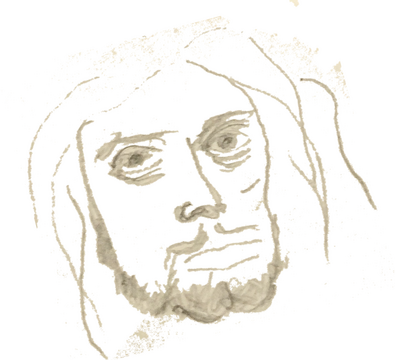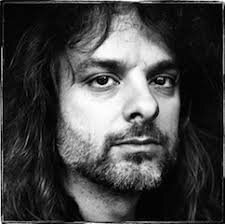>> So my 'self-model' [where is that again?] has the experiences and stream of consciousness I have taken to be mine all these years?
No, your self-model IS your experience and your stream of consciousness.
It is instantiated by the physiological processes of your body, mostly your brain.
where is it? That’s kind of tricky. It’s instantiated by your brain—if you mess with your brain, your model (your phenomenology) will be effected. So we could say it’s “in” your brain. But that creates a duality and isn’t correct.
it’s more eaxact to say it IS your brain (processes).
But where is consciousness really? It’s within the umwelt. It’s within our subjective perspective of/on the world. That’s “where” it is.
Too much sleight of hand in your accounts. It's why I have no sense from what you write of 'how' neural nets present an illusion for me of my having conscious experiences. Especially since my intersubjective experiences all involve other people's subjectivity and subjective experiences, which are not my own. It doesn't help to write, as you do here, that
it’s more eaxact to say it IS your brain (processes).
But where is consciousness really? It’s within the umwelt. It’s within our subjective perspective of/on the world. That’s “where” it is.
As I said yesterday or the day before, I think you're misusing Jakob von Uexküll's term/concept of the Umwelt. What do you mean to say when you use the term? This definition comes up at the head of a search for the term:
"Umwelt
[ˈo͝omvelt]
NOUN
- (in ethology) the world as it is experienced by a particular organism.
"the worlds they perceive, their Umwelten, are all different"




